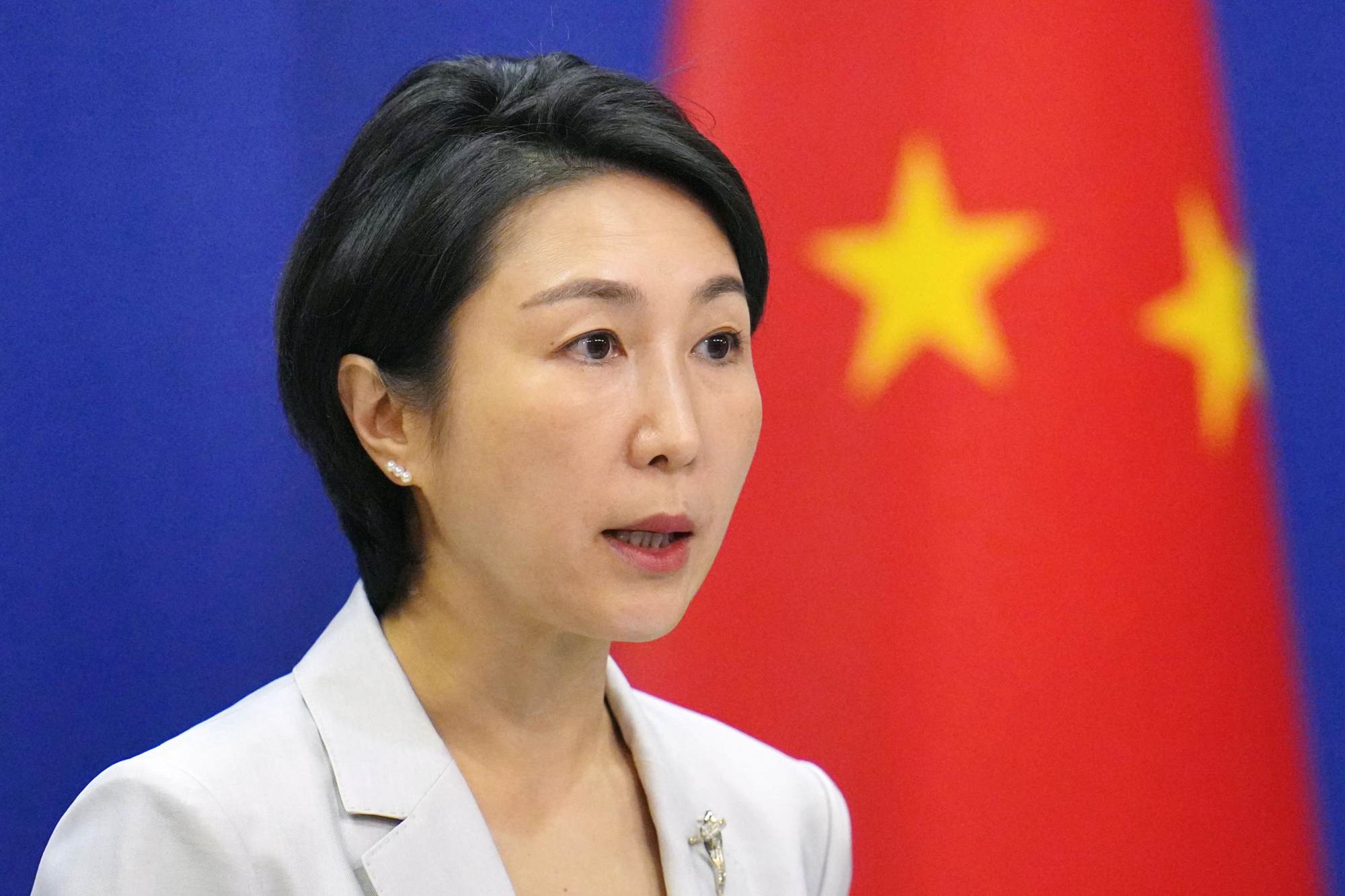Observers said the decision is in line with Beijing’s view that Moscow and Kyiv must both be present at any meeting to give peace a chance.
When leaders and senior officials from close to 90 countries descend on Switzerland this weekend to work out a solution for the war in Ukraine, two major players will be strikingly absent: Russia and China.
Russia has not been invited and China has made clear it will not join the conference on Saturday because it falls short of Beijing’s expectations, which included the participation of both Moscow and Kyiv.
According to diplomatic observers, China’s decision could hurt its already-battered image on the world stage and further cement narratives about its support for Russia’s actions.
But the reasoning behind Beijing’s move was not entirely unfounded, they said, adding that Beijing may be poised to soon hold its own summit bringing together the two warring nations.
Chinese foreign ministry spokeswoman Mao Ning confirmed last week that China would not attend the summit, saying: “China has repeatedly stressed that the international peace conference needs to meet three important elements, namely recognition from both Russia and Ukraine, equal participation of all parties, and fair discussion of all peace plans.
“As far as China is concerned, the meeting does not yet seem to meet these three elements and that is exactly why China would not be able to take part in the meeting.”
Mao backed China’s decision as “fair and just”, saying the move was not targeted at any party or at this particular summit.
“Whether one supports peace should not be judged by a particular country or on the basis of a particular meeting. China sincerely hopes that a peace conference will not turn into a platform used to create bloc confrontation. Not attending does not mean not supporting peace.”
Russia, which said it would not have attended the conference even if it had been invited, expressed gratitude to China for snubbing the summit and praised Beijing for its balanced approach.

But other countries may not feel the same way. “It is not a good look for China,” said David Arase, resident professor of international politics with the Hopkins-Nanjing Centre.
China’s decision came not long after Ukrainian leader Volodymyr Zelensky accused the Asian giant of working with Russia to undermine the Kyiv-backed summit.
Moscow was doing “everything to disrupt the peace summit [by using] Chinese influence on the region”, he said.
According to Arase, Europe may take China’s non-attendance as “more evidence of China’s ongoing diplomatic and economic support for an armed Russian assault against European peace and security”.
Since the war broke out in February 2022, China has not condemned Russia’s actions and instead pledged to deepen ties with Moscow.
Arase said the Chinese move fits the narrative of a lengthy joint declaration issued during Vladimir Putin’s visit to Beijing last month, where he and China’s leader Xi Jinping voiced their opposition to hegemonism and vowed to support each other’s struggles.
While China’s refrain has been that it is a neutral party willing to facilitate peace talks, its position invites Western scepticism because of Xi and Putin’s intimate partnership as well as Beijing’s growing diplomatic and economic support for Russian war efforts, he added.





